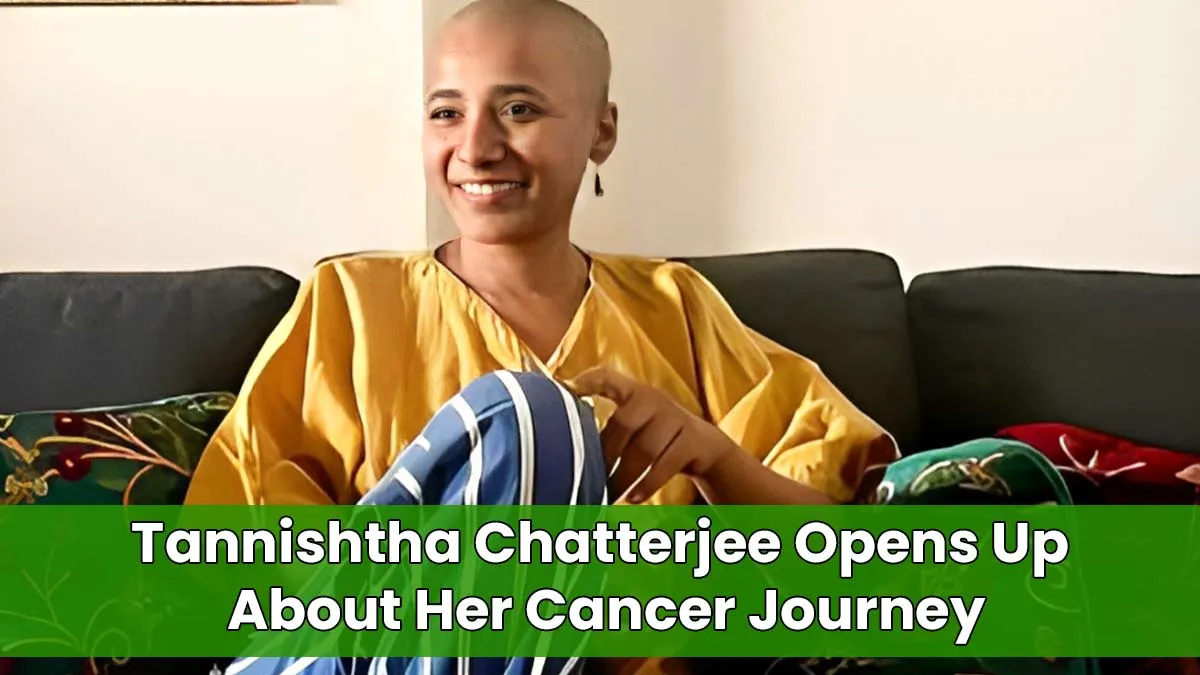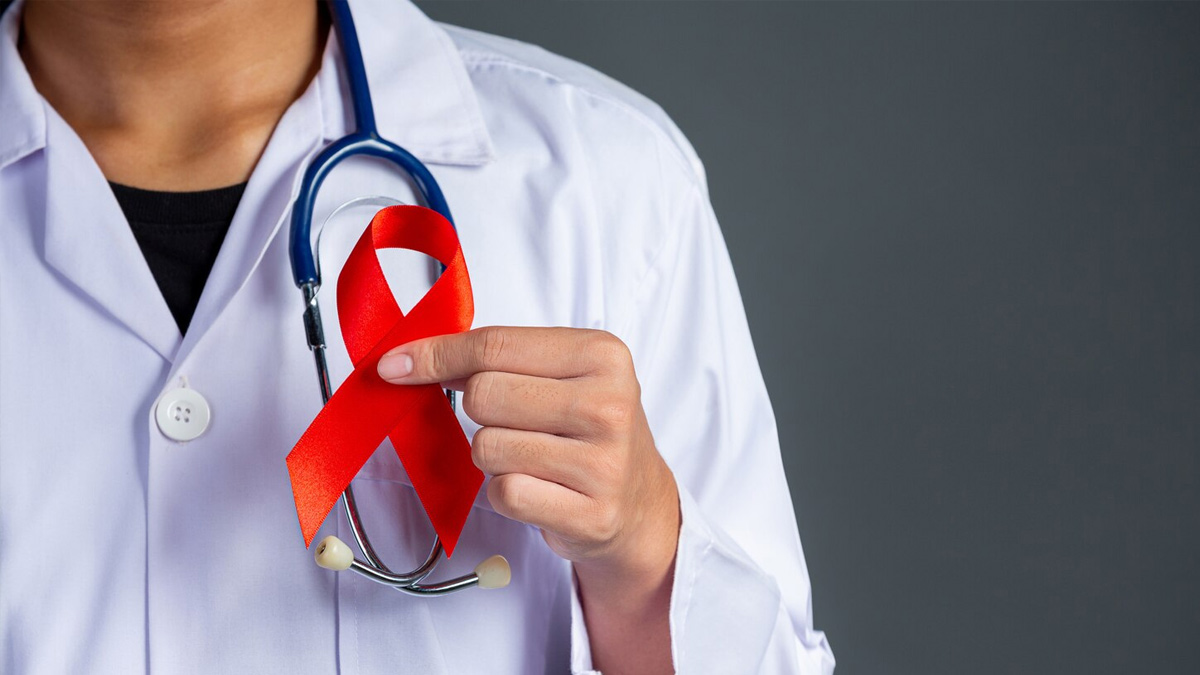
Award-winning actor and filmmaker Tannishtha Chatterjee recently shared a deeply personal revelation: she has been diagnosed with Stage IV oligo-metastatic cancer. In a heartfelt Instagram post, she disclosed that the past eight months have been ‘incredibly difficult,’ especially since she had already endured the loss of her father to cancer.
Table of Content:-
Despite the weight of her diagnosis, as someone balancing the responsibilities of raising a nine-year-old daughter and caring for her 70-year-old mother—she chose to frame her message not in pain, but in love and strength. As she poignantly put it, “It can’t get worse than this… But in the darkest moments, I discovered an extraordinary kind of love, the kind that shows up, holds space, and never lets you feel alone.”
In her moving post, Chatterjee expressed profound gratitude for the ‘sisterhood’ standing by her. She posted a photo with close friends and fellow actors—Vidya Balan, Dia Mirza, Shabana Azmi, Konkona Sen Sharma, Divya Dutta, and others, calling them her emotional anchors during one of her life’s toughest moments.
View this post on Instagram
Also Read: Warning Signs Of Cancer In Women: Doctor Shares Unusual Changes To Watch Out For
What Is Oligo-Metastatic Cancer?

Oligo-metastatic cancer is an intermediate phase between localised cancer and widespread metastatic disease. In this phase, cancer has spread from the origin but to a minimal number (usually up to five) of locations. This classification can determine the treatment and prognosis, usually enabling specific treatments such as radiation or local intervention.
As per a 2025 study, the theory of this cancer was brought forth with the speculation that the integration of local treatment with conventional systemic therapy might bring about long-term disease control and further improve patient outcome.
A 2023 study reports that oligo-metastatic disease patients could be helped with localised therapies, including stereotactic radiation. In certain instances, they could even be delivered with a potentially curative intention.
Also Read: Hot Drinks And Cancer: Can They Increase Your Cancer Risk?
Role of Community and Human Connection
One of the strongest parts of Chatterjee's message is the power of human connection. She pointed out how important human connection is, citing how it was the kindness of actual, passionate human beings that were getting her through her tough time, as opposed to artificial intelligence or robots.
According to a 2024 study, cancer patients often experience significant anxiety. Emotional and practical support and encouragement of their skills in expressing and regulating emotions are needed, particularly as they navigate the challenges of cancer. Finding healthy resources for the communication of strong and multidimensional emotions prevents the backlog of emotions and reduces overdependence on repressing emotion.
How we keep this article up to date:
We work with experts and keep a close eye on the latest in health and wellness. Whenever there is a new research or helpful information, we update our articles with accurate and useful advice.
Current Version